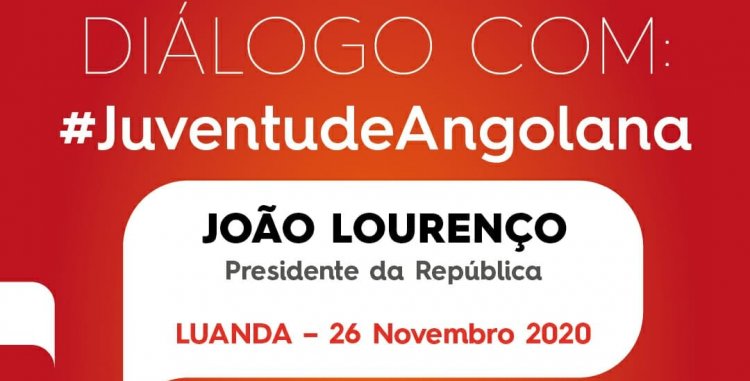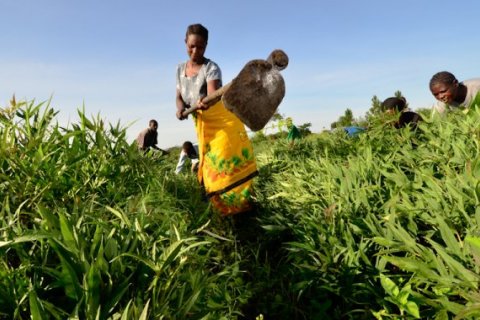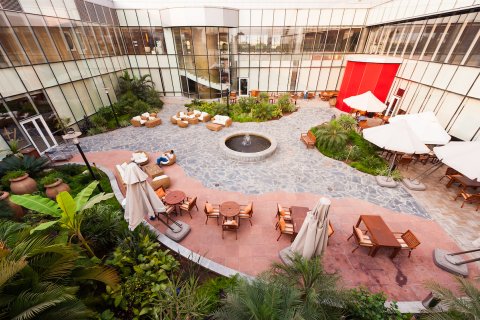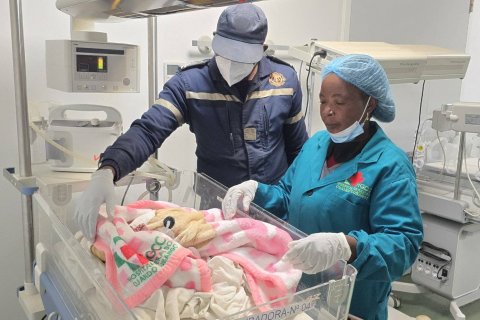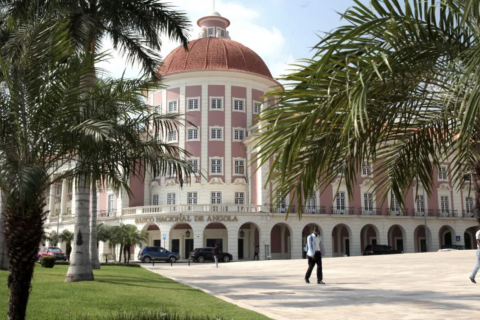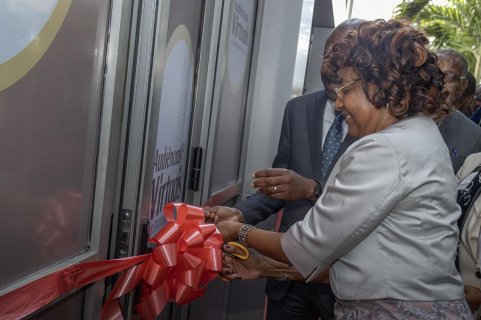According to the Facebook page of the Press Center of the Presidency of the Republic of Angola, the meeting will be moderated by journalist Mara d'Alva and entrepreneur Danilo Castro.
The list of young people invited to dialogue with the president has not been released, but according to the president of the Movement of Angolan Students (MEA), Francisco Teixeira, 25 activists will be present, as well as representatives of youth associations and youth organizations of political formations with parliamentary seats.
In addition to Francisco Teixeira himself, one of the nearly 100 demonstrators arrested during a week-long march last October 24th, will be with João Lourenço some activists of the process that became known as 15+2, such as Albano Bingo, Mbanza Hamza and Arante Kivuvu, among others "revus", as young revolutionaries have been called, such as Emiliano Catumbela, Leo Paxi Kenyatta or Rosa Mendes, daughter of Congressman David Mendes.
According to Francisco Mendes, the MEA, as a member of the National Youth Council, has been actively involved in organizing the meeting.
Benedito Jeremias, or Dito Dali, one of the promoters of the latest demonstrations said he was invited informally, but rejected the invitation for "not seeing the relevance of the meeting.
According to Dito Dali, the president knows the demands of the young people who "are public" and has done nothing to meet them so far.
"You can't create dialogue just to have dialogue. [The President] has the power of decision to meet our demands," he stressed, considering the meeting as a form of "manipulation of young people.
Questioned by Lusa, the Portuguese-Angolan activist and 'rapper' Luaty Beirão, another of the government's critical voices, who also took part in the "15+2" (a process in which 17 activists were condemned for preparatory acts for a rebellion and an association of evildoers at the time of former president José Eduardo dos Santos), said he was not invited to the meeting.
Another activist of the "15+2", Francisco Mapanda (Dago Nível Intelecto) also said that he was not invited and that he would have declined the invitation if he were.
In recent weeks, the streets of Luanda have been the scene of confrontations between groups of young people who wanted to demonstrate against unemployment and for the improvement of living conditions and the holding of local elections in 2021, but were harshly repressed by the police.
On October 24, an attempt to march ended with over 100 arrests, including journalists.
On November 11, National Independence Day, the demonstration attempt was marked by the death of a 26-year-old student, Inocêncio de Matos, in circumstances still to be explained.
The official version of the Américo Boavida hospital indicates that the young man died as a result of an assault with a blunt, unspecified object, after a surgical intervention.
Witnesses who were close to Inocêncio de Matos claim, however, that he was hit by a bullet. The police, who used tear gas and water cannons to disperse the demonstrators, deny having used lethal means to stop the youth.
Several activists also reported arrests of people trying to organize the protest, in provinces like Benguela and Cabinda, and others reported being kidnapped and threatened on social networks.
Students who wanted to honor their dead colleague, who attended the 3rd year of Computer Science at Agostinho Neto University, dressed in black and fulfilling a minute of silence, regretted having been prevented from doing so by the management of the educational establishment
In social networks, young activists expressed outrage at the death of the student and criticized the police violence and governance of João Lourenço, having already popularized the critical slogan "J-LO, 2022 you will like it", in an allusion to the next general elections scheduled for 2022.
The MPLA has been trying to ease tensions, focusing on governance programs aimed at youth and has recently counter-attacked with a social network campaign where militants come out in support of President João Lourenço.
Of the nearly 30 million Angolans, 66 percent are under the age of 25 and 48 percent are under the age of 15, according to the United Nations Population Fund (UNFPA).
Unemployment has been pointed out as one of the main problems for this section of the population.
The latest data from the National Statistics Institute (INE) for the third quarter of 2020 reveal that 56.4 percent of young people between the ages of 15 and 24 are jobless.

